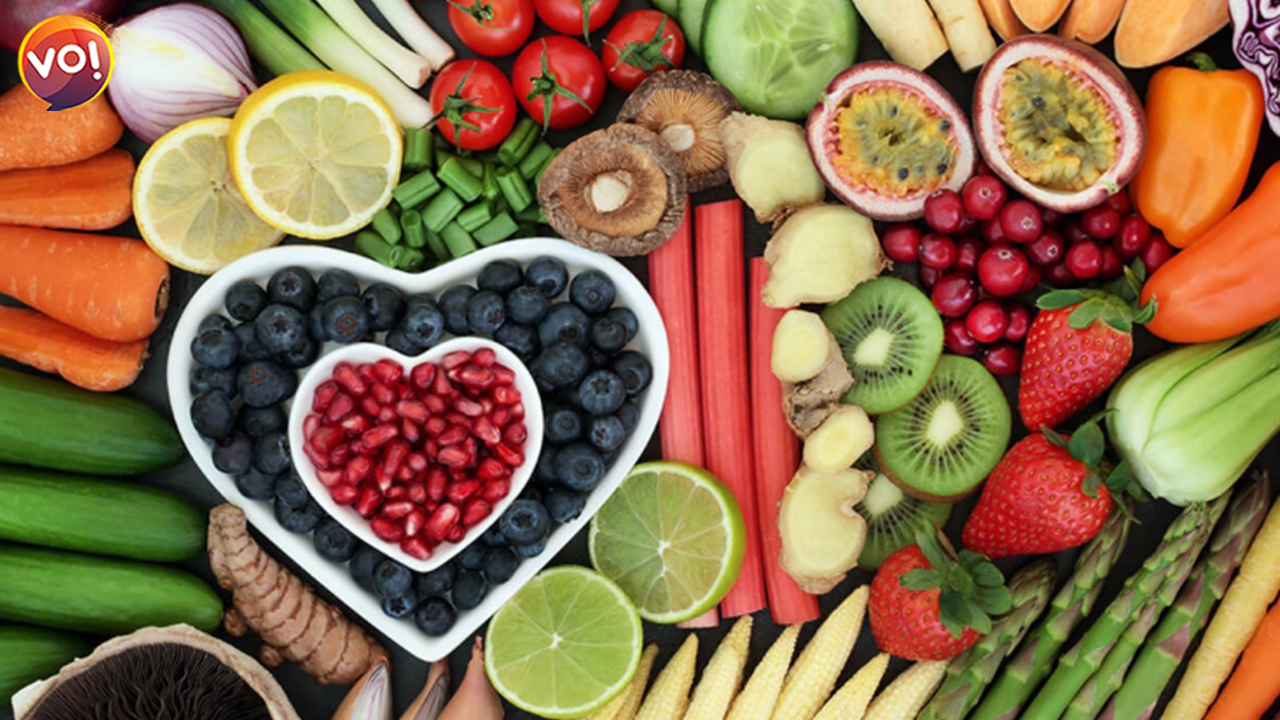Health is wealth. And this post-pandemic milieu will, no doubt, vouch for it. Nothing beats a healthy immune system and to raise awareness about this precise surmise, “World Nutrition Day” is marked by medics on May 28.
The intent of participating institutions (Spanish Federation of Societies of Nutrition, Food and Dietetics (FESNAD) leads from the front), is founded in eliminating malnutrition. The right kind of nutrition means getting all five essential nutrients – carbohydrates, proteins, vitamins, minerals and fat in a balanced proportion. The day is meant to spread awareness and bring to the forefront this very aspect.
The United Nations declared 2016-2025 as the “Decade of Action on Nutrition.” According to the UN, three billion people cannot afford a healthy diet and nearly 768 million people across the world are undernourished. Further, a healthy and nutritious diet can potentially reduce health costs by up to 97% (target year: 2030).
The concept of metabolism, the transfer of food and oxygen into heat and water in the body, creating energy, was discovered in 1770 by Antoine Lavoisier, the “Father of Nutrition and Chemistry.” Somewhere, in the early 1800s, the elements of carbon, nitrogen, hydrogen, and oxygen, the main components of food, were isolated and soon connected to health and well-being.
Work in the area of the chemical nature of foods—carbohydrates, fats, and proteins—was done by Justus Liebig of Germany, and led to research in the area of vitamins in the early 20th century. In 1912, a Polish doctor, Casimir Funk, coined the term “vitamins” as essential factors in the diet. The term vitamin—first called “vitamine”—comes from “vital” and “amine,” because vitamins are required for life and they were originally thought to be amines—compounds derived from ammonia.
Breakfast is still touted as the most vital meal of the day. Listed below are five quick and fortified breakfast fixes:
1) Throw in fruits and nuts into that cereal bowl:
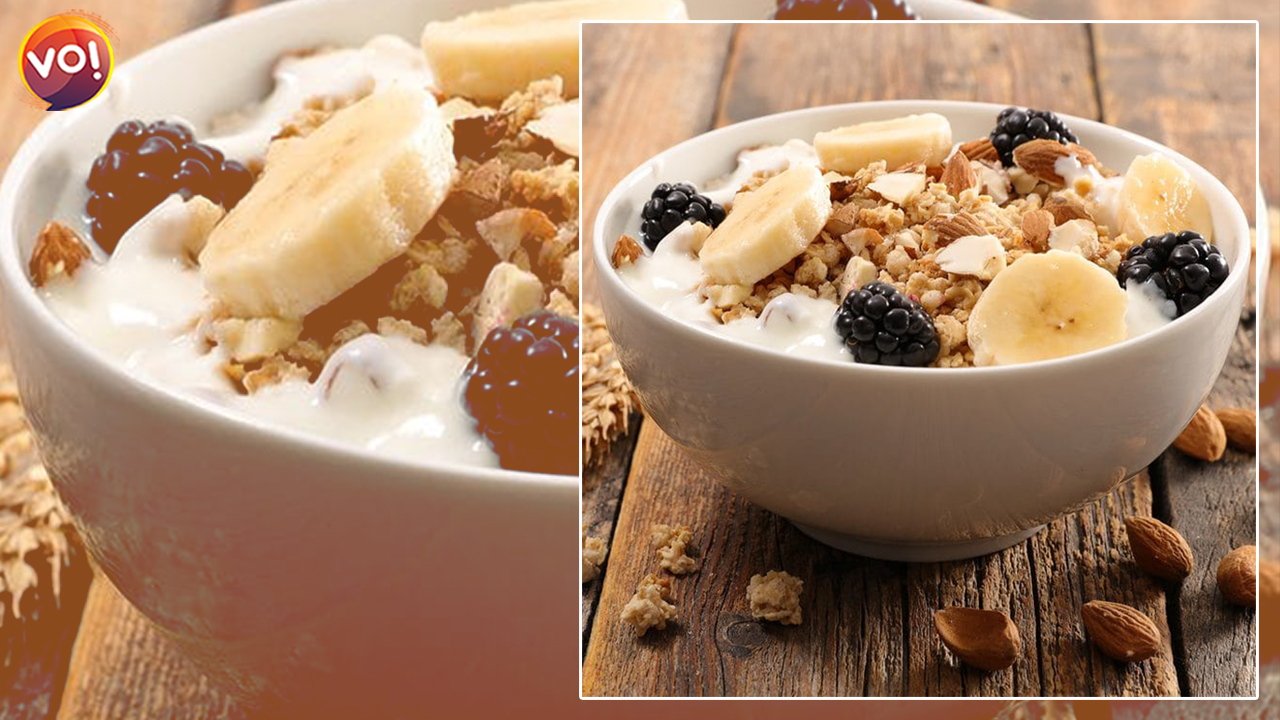
Who does not like a bowl of crunchy cereal wading in cold milk? Just thrown in a banana (rich in potassium and available round the year) and some nuts, and you’re good to go!!
2) Ditch the Maida. Down the Millets.
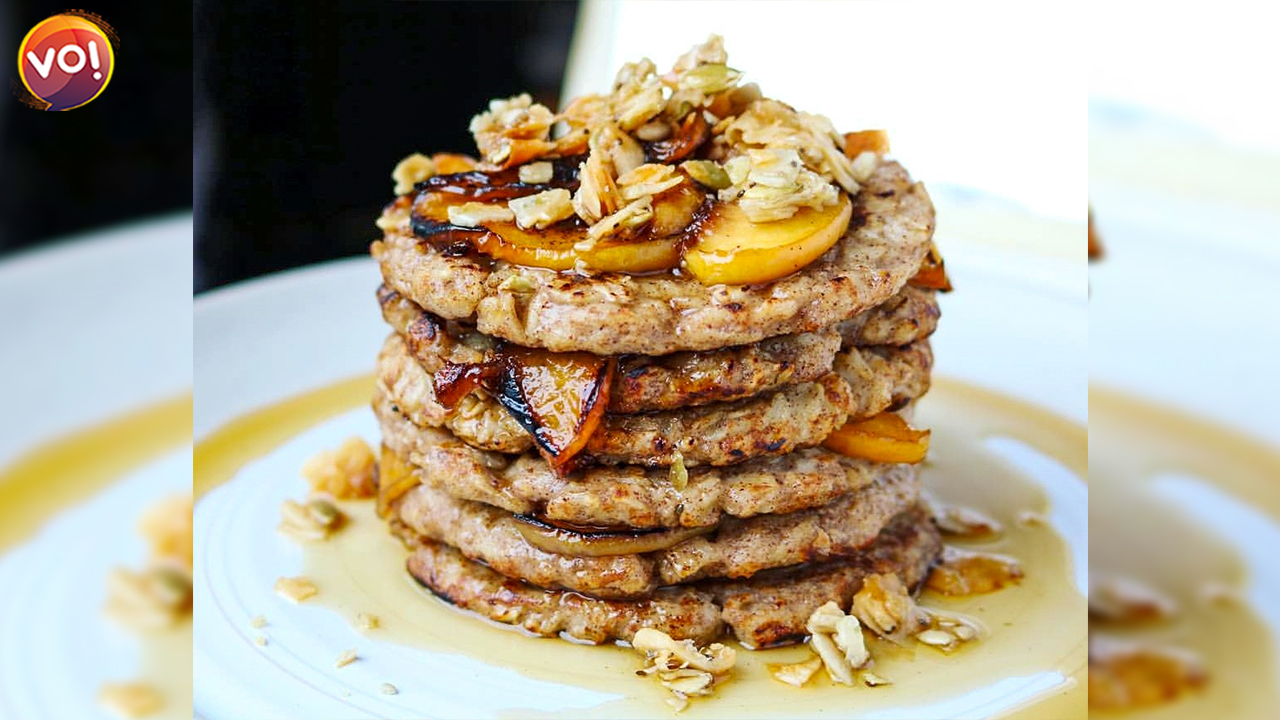
For those who like pancakes, try a atta-millet (ragi, bajri, jowar) mix in proportions suited to taste. For those who like it dense, atta will occupy a greater share. For those with a more accepting palate, try the half-half, though the pancake might end up being a wee bit strechy!
3) Heard of “overnight oats”?
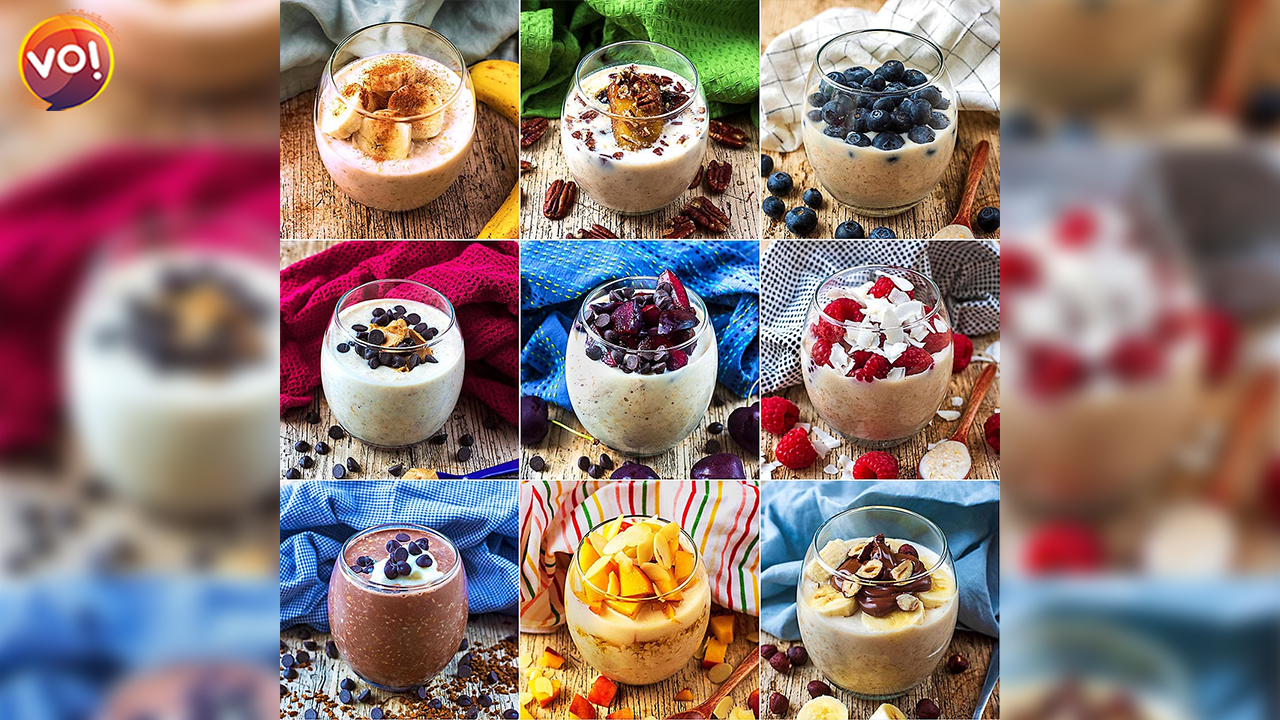
Try it and you will never look further for taste, nutrients and satiety value. The net is loaded with zillions of possibilities for this one!
4) Throw out the butter and store homemade Hummus:
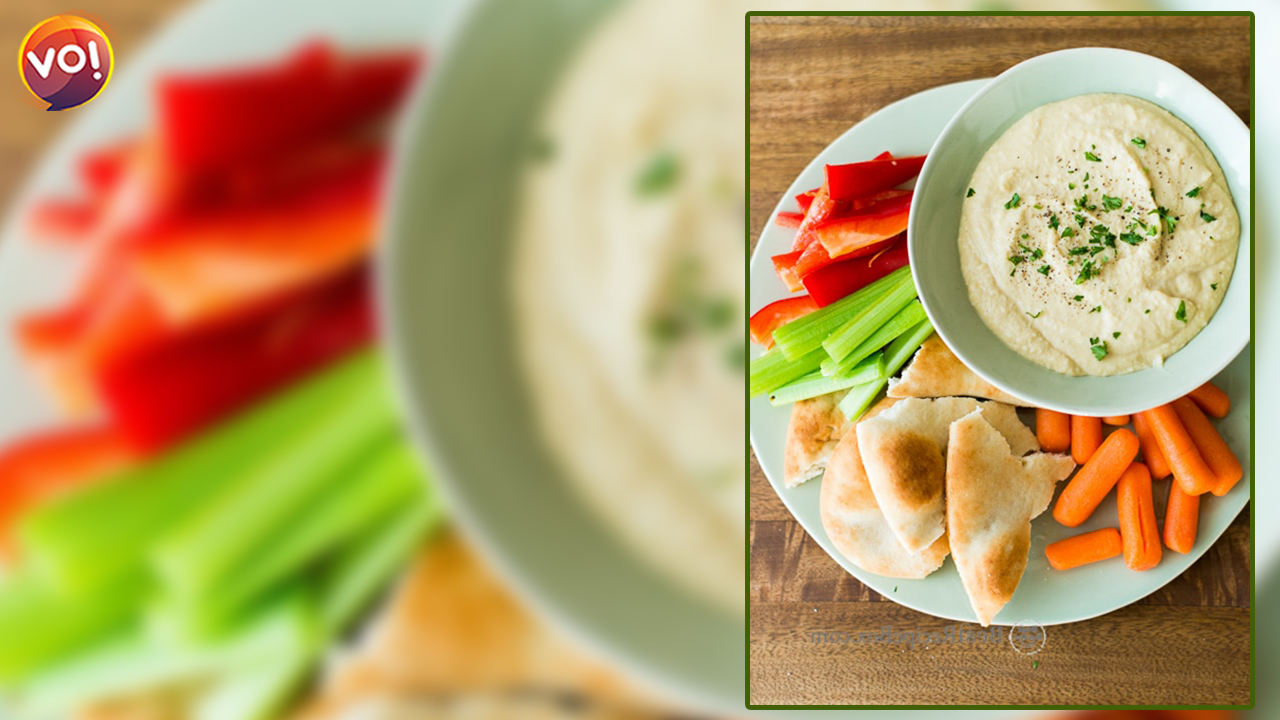
A ready substitute for butter, margarine and cheese spread! A hot toast with hummus is re-invented as a fortified powerhouse of nutrients. For those with a little time to spare in the mornings, here’s a tip: carrots and cucumbers make the perfect accompaniment to Hummus breakfasts!!
5) Once a week, do this:
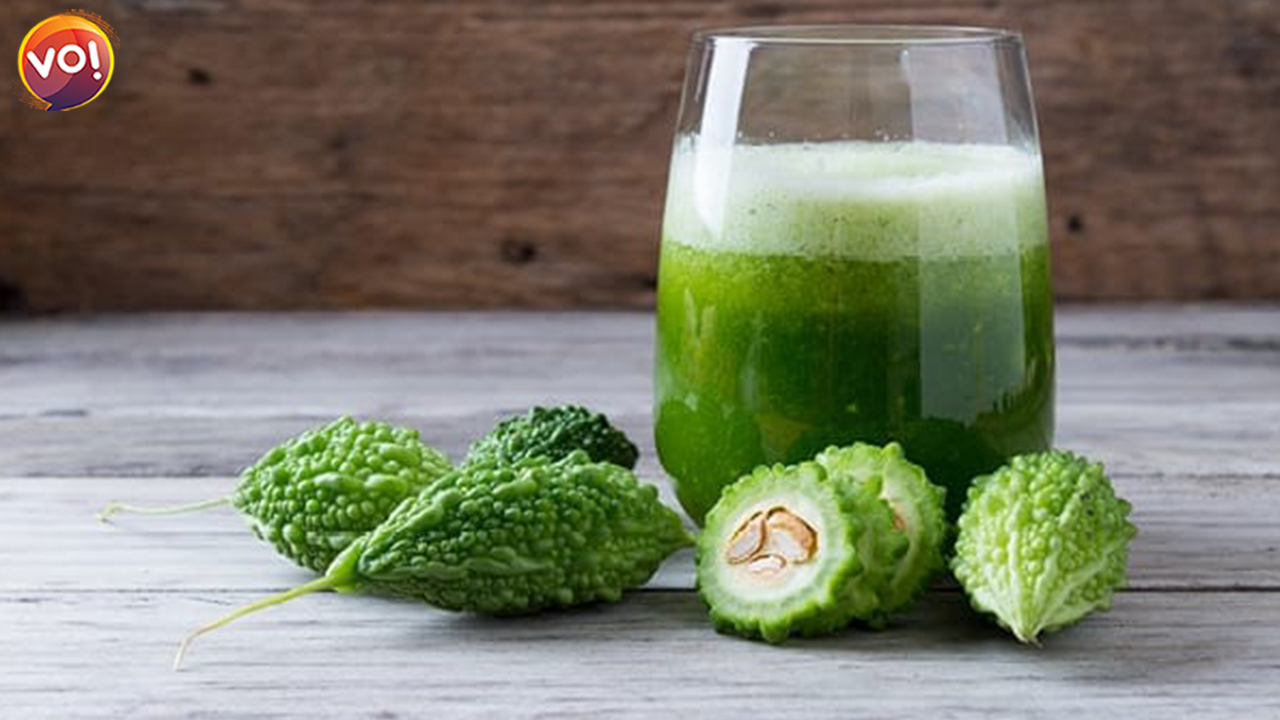
Start your day with five tulsi leaves. Wait for half-an-hour and then, down either a glass of bitter-gourd (karela) juice, or simple lime squeezed in tepid water. This is a cleansing routine and helps flush out the toxins to some extent.
Be good to yourself! Eat healthy and remain happy!
Also Read: Veganism: Cruelty-Free Life For Animals, Healthy Living For Humans, Heart Attacks On The Rise For 30+. Here’s a Healthy Heart Guide



